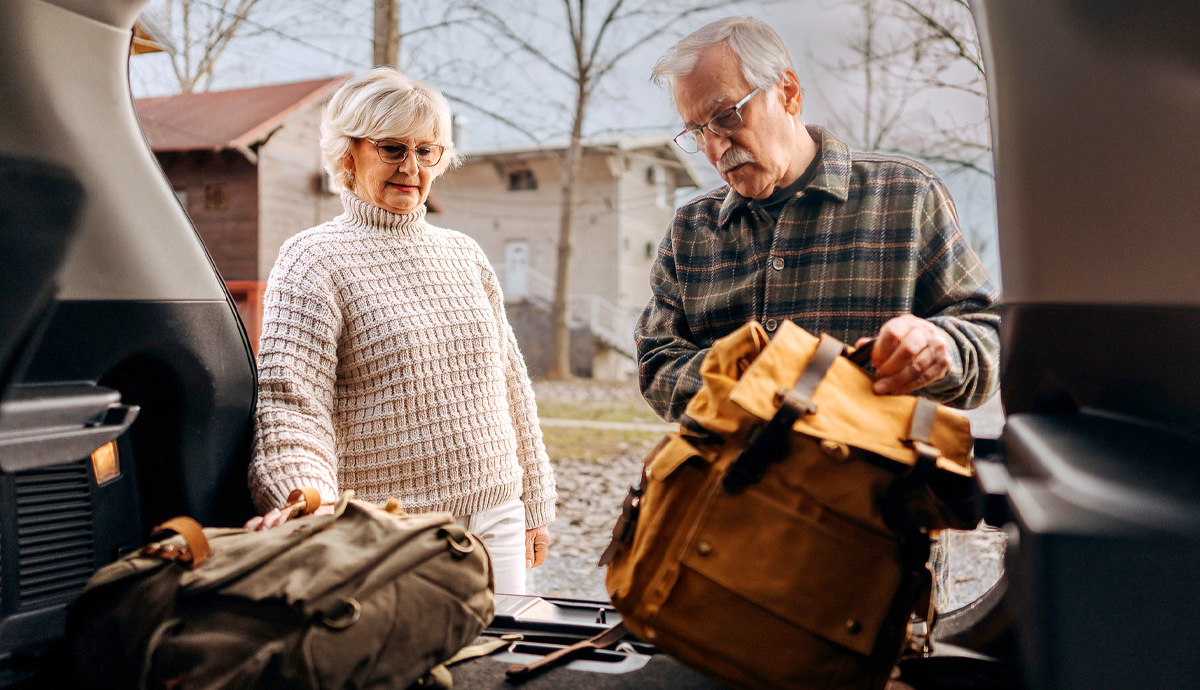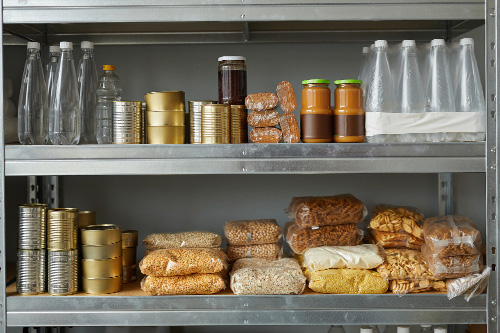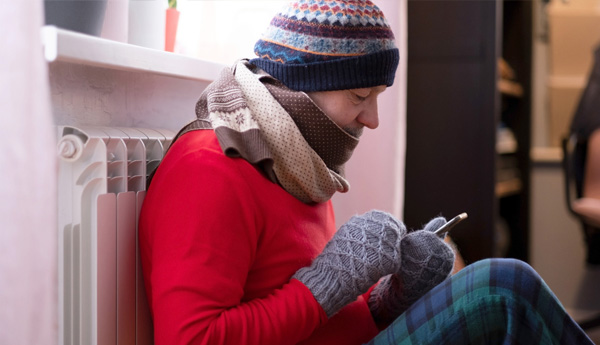How To Prepare For Natural Disasters
Increase your chances of staying safe with these tips.

Knowing the steps to take during extreme weather — whether it’s a flood, wildfire, earthquake, hurricane, or tornado — can save your life and the lives of your loved ones. Here’s how to prepare ahead of time to increase your chances of staying safe.
3 Steps to Stay Safe
1. Stay Informed
If non-life-threatening conditions are expected to occur near you, pay attention to information from trusted sources. You’ll be ready in case things change for the worse.
2. Make a Plan
If severe conditions are expected to happen near you, make sure you have what you need to keep you and your loved ones safe and secure.
3. Take Action
If serious and life-threatening conditions are expected to occur near you — or are on their way — put your plan into action.
Stay Aware
The sooner you know, the better you can prepare.
- Download the FEMA app for real-time weather and emergency alerts
- Get automatic Wireless Emergency Alerts via text (on newer cell phones)
- Check with your local government agencies and sign up for their alerts
Be Prepared
Ask Yourself These Questions
Know how you’ll decide if you’ll stay or go — and who will help.
- Can I stay safely at home without power? Will I need electricity to operate medical equipment or keep medicines cold?
- If I need to evacuate, where will I go? How will I get there? Where will I stay? What will I bring with me?
- How will I care for my pets? Are pets allowed where I am evacuating? Will I have the food and medication they need?
Prepare an Emergency Kit and a Go-Bag

Emergency Kit — For Sheltering in Place
Enough non-perishable food, water, and medicine to last you two weeks at home in case stores and pharmacies are closed.

Go-Bag — For Leaving Home Quickly
Supplies to help you during and after an emergency where you have to evacuate.
What to Pack in Your Emergency Go-Bag
Pack emergency supplies you can “grab and go” in case you need to evacuate quickly.
- Blanket
- Cash in Small Bills
- Copies of Important Documents (ID, insurance, bank account, medical records)
- Copy of Your Emergency Plan
- Extra Pair of Glasses or Contact Lenses
- Extra Batteries
- Flashlight (battery-powered or hand-crank)
- Local Map
- Personal Toiletries, Medications, and Prescriptions
- Phone Charger and Back-Up Battery Bank
- Ready-to-Eat Food and Water (Up to 3 days)
- Seasonal Clothing
- Small First-Aid Kit
- Small Radio (battery-powered or hand-crank)
- Pen and Notepad
- Whistle



